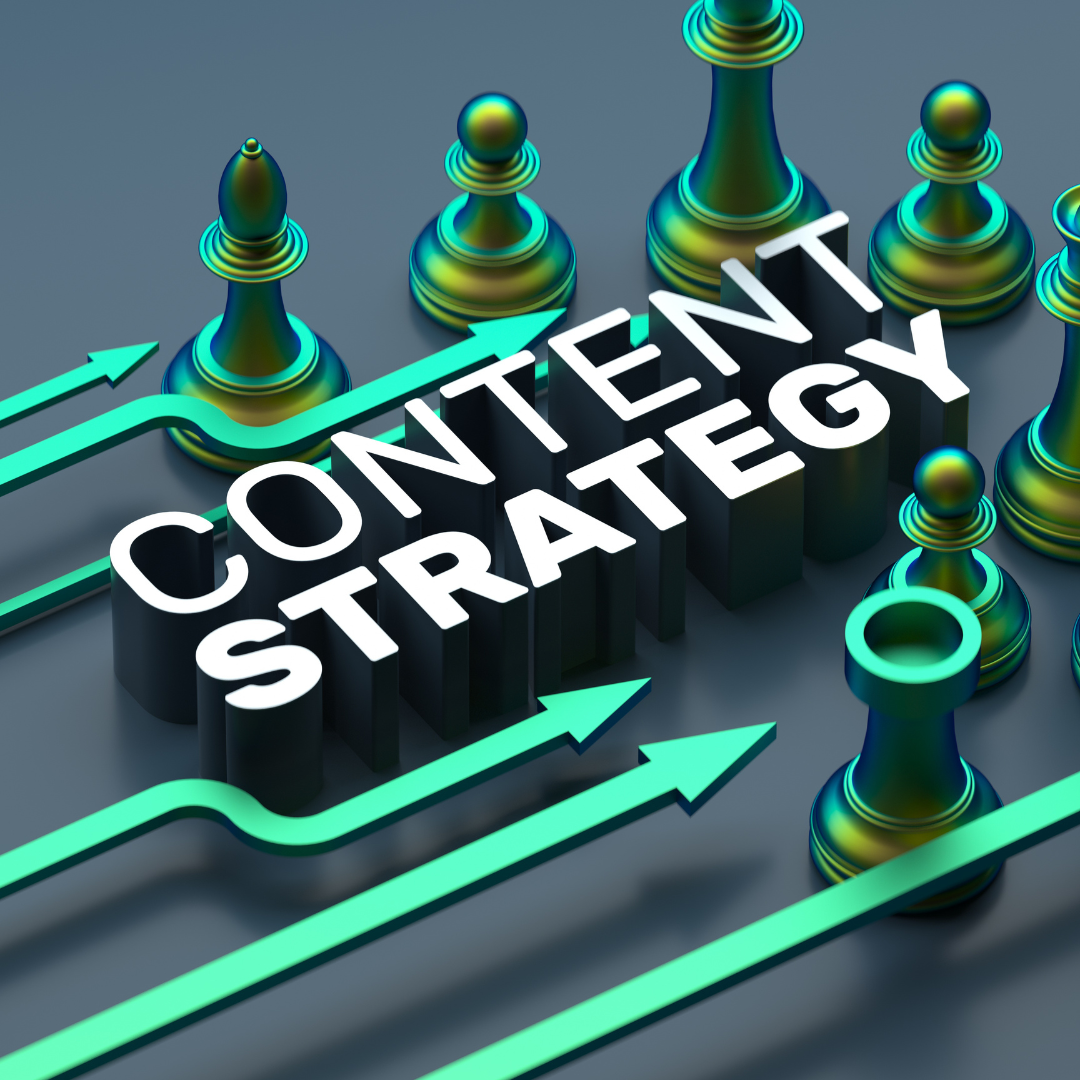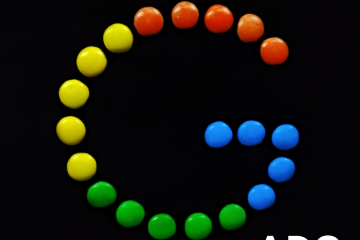
The Five Most Key Takeaways from This Blog
- Using A.I.-generated content for things like marketing or even, say, a business’ logo that is printed on a shirt that the business sells, means that generative A.I. will play a large role in helping businesses turn a profit.
- Lawmakers around the world are trying to figure out just how to regulate A.I., a technology that will affect countless industries across many applications. Copyright law is no exception, with one of the key questions being just who owns a piece of A.I.-generated content.
- Part of the argument has to do with the fact that many A.I. content-generators were trained on copyrighted content, sometimes without the express permission of the legal owner of the copyrighted work. And so, using and reusing that content as elements in A.I.-generated content could be a copyright infringement.
- On the other hand, the fact that some degree of creativity is involved in prompt engineering, where the user tries to direct the A.I. to get a certain kind of output, has been cited as an example that gen A.I.’s users are not with zero effort simply getting handed a copyright-infringing work.
- Another argument that gen-A.I. outputs are not simply copyright-infringing rehashes of previous works is that human creativity works in much the same way. That being, that human beings look at others’ (possibly copyrighted) work as an example of writing or visual design or audio design that influences or guides the human’s own work.
Under the Influence
If you are a business owner wondering just how the legal landscape may be shaped around the question of whether A.I. art infringes on copyrighted works, or, further, whether people have the right to profit off of A.I. works, then read on.
To continue where the last bullet point of the Key Takeaways section leaves off, it is worth mentioning that from what the public is able to see of generative A.I. right now, there is quite a bit of stuff that really toes the line between original-looking and blatant rip-offs.
An Example of A.I. Video That Looks a Little Too Close to the Inspiration
For instance, check out this Wall Street Journal video from WSJ tech columnist Joanna Stern that showcases OpenAI’s video-generating Sora platform.
The showcase is coupled with an interview with OpenAI’s one-time C.T.O. Mira Murati who for a couple days was C.E.O. of OpenAI during the brief historic ouster of C.E.O. Sam Altman.
(Murati recently left the company, part of a trend among many founders and company day-ones as OpenAI shifts from nonprofit status to for-profit status under the direction of the power struggle’s obvious winner, Sam Altman).
In that video, the prompt to generate a video of “A bull in a china shop, in the style of an animated movie.” bears video with a remarkable resemblance to the aesthetic of certainly copyrighted major Hollywood animated films, with Stern specifically citing Ferdinand as an obvious influence.
So that is the tricky thing that business owners may need to be aware of, which is the possibility of generating something that too closely resembles the influence.
The business may want to generate an animated marketing short, but if the result looks too much like Pixar content, then customers will notice and find it odd that the company is co-opting Pixar’s recognizable style.
The Anxiety of Influence
There is a concept called “the anxiety of influence” that originated in literary theory.
The basic idea is that human creators mitigate how closely their creative output resembles the works that influence the creator.
Because of this anxiety, human creatives are motivated to differentiate their works from the creatives that influenced them.
But A.I. lacks this anxiety, and so there is less motivation for A.I. to not create something that too strongly resembles, say, an animated crab that looks like Mr. Krabs from Spongebob Squarepants.
Other Great GO AI Blog Posts
GO AI the blog offers a combination of information about, analysis of, and editorializing on A.I. technologies of interest to business owners, with especial focus on the impact this tech will have on commerce as a whole.
On a usual week, there are multiple GO AI blog posts going out. Here are some notable recent articles:
In addition to our GO AI blog, we also have a blog that offers important updates in the world of search engine optimization (SEO), with blog posts like “Google Ends Its Plan to End Third-Party Cookies”.





